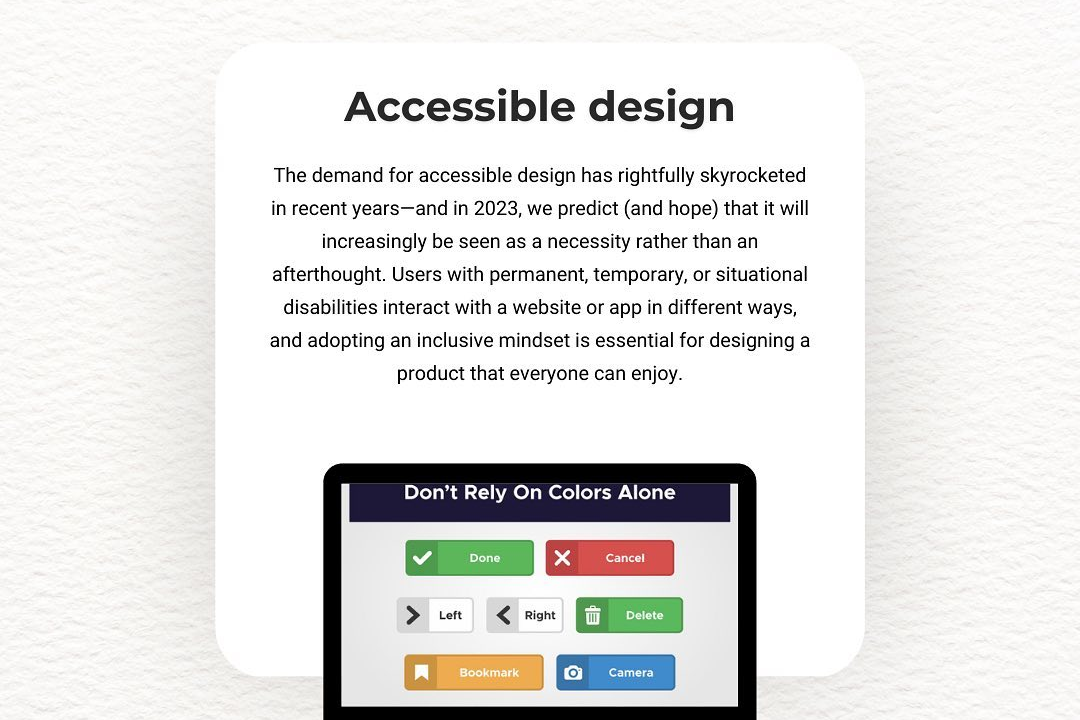What Are The Features Of Html
Exploring the Features of HTML
What Are The Features Of Html
HTML, or HyperText Markup Language, is the standard language used to create web pages. Its features include simplicity, flexibility, and compatibility with various devices and browsers. HTML allows content to be structured using elements such as headings, paragraphs, lists, and links, making it easy to organize information in a readable format. Additionally, HTML supports the inclusion of multimedia elements like images, videos, and audio, enhancing the user experience. Overall, HTML is essential for creating and displaying content on the web, providing a fundamental framework for building websites that are accessible and functional across different platforms.
To Download Our Brochure: https://www.justacademy.co/download-brochure-for-free
Message us for more information: +91 9987184296
1 - Structure: HTML (HyperText Markup Language) is used to create the structure of a webpage by using various elements such as headings, paragraphs, lists, and more.
2) Ease of Learning: HTML is relatively easy to learn and understand, making it an ideal starting point for beginners in web development.
3) Compatibility: HTML is supported by all major web browsers, ensuring that webpages created using HTML can be viewed by a wide audience.
4) Versatility: HTML allows for the integration of various forms of media, such as images, videos, and audio, to enhance the visual and auditory experience of a webpage.
5) Accessibility: HTML supports accessibility features, such as alt text for images and semantic tags, making web content more accessible to users with disabilities.
6) SEO Friendly: HTML provides the structure for search engines to understand and index the content of a webpage, which can improve its visibility in search engine results.
7) Responsive Design: HTML allows developers to create responsive web designs that adapt to different screen sizes and devices, ensuring a consistent user experience across various platforms.
8) Interactive Elements: HTML supports the integration of interactive elements such as forms, buttons, and links, enhancing user engagement on webpages.
9) Scalability: HTML can be easily extended and customized using CSS (Cascading Style Sheets) and JavaScript to create more complex and dynamic web applications.
10) Maintenance: HTML is a static language, making it easy to maintain and update webpages without requiring extensive resources or expertise.
11) Community Support: There is a vast online community of developers and resources dedicated to HTML, providing support, tutorials, and solutions to common issues.
12) Job Opportunities: Proficiency in HTML is a valuable skill in the job market, with many career opportunities available for individuals with expertise in web development.
13) Industry Standard: HTML is considered the foundation of web development and is widely used across the industry, making it essential knowledge for anyone pursuing a career in web design or development.
14) Continuous Innovation: HTML standards are regularly updated by the W3C (World Wide Web Consortium) to incorporate new features and technologies, ensuring that developers have access to the latest tools and capabilities.
15) Enhanced User Experience: By mastering HTML, students can create visually appealing and user friendly websites that effectively communicate information and engage visitors.
Browse our course links : https://www.justacademy.co/all-courses
To Join our FREE DEMO Session: Click Here
Contact Us for more info:
Difference Between Hashset And Treeset In Java
Php Learning Platform
Javascript Array Difference
Difference Between Window And Document In Javascript
Absolute Difference In Python











